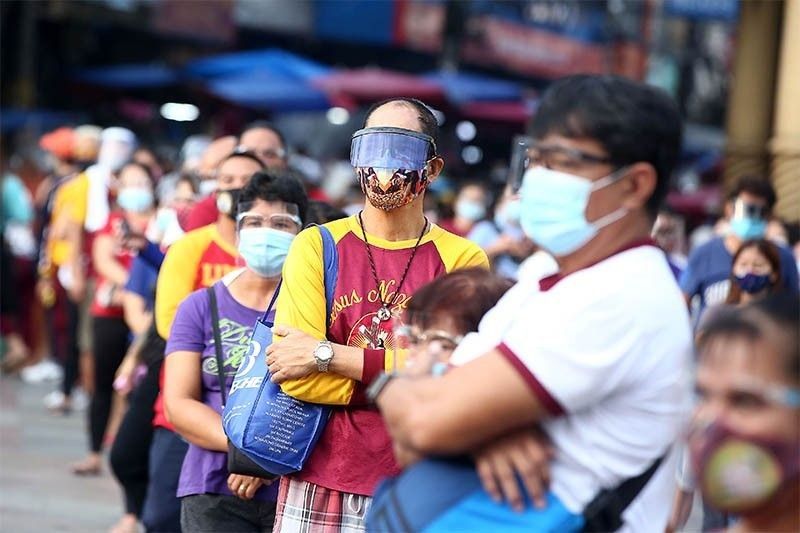Relaxing quarantine age restrictions risky – OCTA

MANILA, Philippines — Experts have expressed concern over the decision of the Inter-Agency Task Force for the Management of Emerging Infectious Diseases (IATF) to relax age restrictions in areas under modified general community quarantine (MGCQ).
“OCTA research would like to state its disagreement with this risky policy change by government,” University of the Philippines and OCTA Research fellow Ranjit Rye said yesterday.
“While we respect government’s position on this, we believe it is very risky and contrary to sensible epidemic management,” Rye said.
UP College of Medicine professor Michael Tee, also an OCTA Research fellow, said they will monitor the impact of the policy shift in terms of daily case rate and health care utilization rate.
“We will know how it develops within two to three weeks. In the meantime, we enjoin our youth and their parents to strictly follow the minimum health protocol,” Tee said.
“They are advised to properly disinfect before any direct contact with elders at home. This is especially important if they live with their (grandparents) who are vulnerable to suffer from severe infection,” he added.
Tee also advised those who will develop symptoms to immediately consult a health care professional for appropriate advice.
The IATF approved a new resolution allowing those aged 10 to 65 years old living in MGCQ areas to leave their homes. Local government units in GCQ areas were also enjoined to adopt the same relaxation on age restrictions.
In its latest report, the OCTA Research Group noted the surge in new cases recorded in different provinces, including Cebu, Benguet, Leyte, Zamboanga del Sur, Kalinga, Mountain Province and Cagayan.
“In particular, Zamboanga del Sur, Kalinga and Mountain Province all had about 200-percent increase in new COVID-19 cases compared with the previous week,” it said.
From an average of 17 new cases daily from Jan. 8 to 14, data showed that it increased to 50 in Zamboanga del Sur on the week of Jan. 15 to 21. It increased in Kalinga from 11 to 40, while the surge was from nine to 37 in Mountain Province.
While Metro Manila still has the highest average daily new cases at 405, OCTA Research noted that it decreased from 435 in the previous week.
“The trend in new COVID-19 cases in National Capital Region has leveled off… With January 2021 having completed its third week, there is no visible residual effect of the holidays on the pandemic in NCR,” read the report.
“Even the recent festivals have not yet had a significant effect on the trend,” it added.
- Latest
- Trending




























